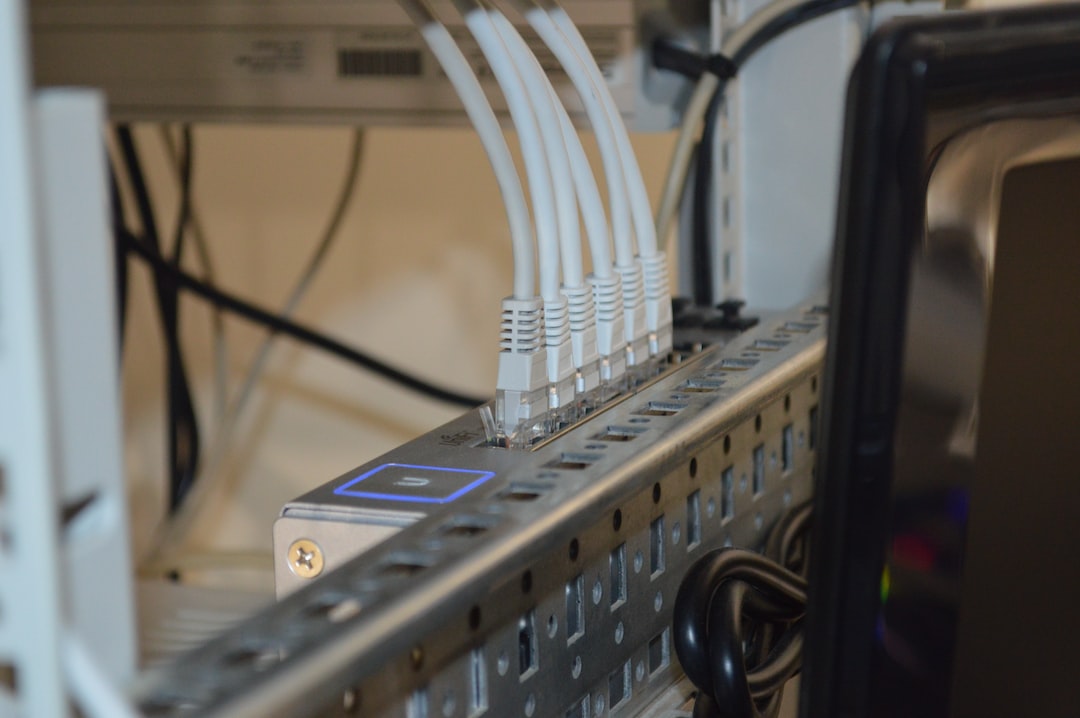The Future of Internet: Predictions and Possibilities
The Internet has revolutionized the way we live, work, communicate, and consume information. From its humble beginnings to its current state as an indispensable part of our daily lives, it has become increasingly evident that the Internet will continue to play a vital role in shaping our future. As technology continues to advance at an exponential pace, what can we expect from the future of the Internet? In this blog post, we will explore some predictions and possibilities that lie ahead.
1. Internet of Things (IoT) – Connecting Everything
One of the most prominent trends in recent years has been the rise of the Internet of Things (IoT), which refers to the interconnectivity of everyday objects through the Internet. We have already witnessed the integration of smart devices into our homes, from smart thermostats and voice-activated assistants to smart refrigerators and security systems. In the future, IoT is expected to expand further, enabling us to connect and control various devices effortlessly. Our cars, city infrastructure, health monitoring systems, and even clothing could be part of the connected web.
2. 5G Technology – Faster and More Reliable Connections
The introduction of 5G technology has the potential to transform the Internet as we know it. With significantly faster download and upload speeds, low latency, and increased capacity, 5G networks will enable seamless streaming, virtual reality experiences, and real-time communication. The proliferation of 5G will revolutionize industries such as telecommunication, healthcare, transportation, and entertainment, opening doors to innovations that were previously inconceivable.
3. Enhanced Privacy and Security Measures
As the Internet continues to play a critical role in our lives, concerns about privacy and security have become more pressing. In the future, we can expect to see the development of enhanced privacy tools and protocols, allowing individuals to have greater control over their personal data. Furthermore, advancements in encryption techniques and artificial intelligence systems will help fortify cybersecurity and prevent potential threats.
4. Artificial Intelligence (AI) and Machine Learning
Artificial intelligence (AI) and machine learning algorithms are already transforming various industries, from healthcare to finance. In the future, AI will play an even more significant role in shaping the Internet. AI-powered chatbots and virtual assistants will become more advanced, providing personalized and accurate responses. Additionally, AI will help in creating more tailored and relevant online experiences, improving search results, and targeted advertising.
5. Virtual and Augmented Reality (VR/AR) – Immersive Experiences
Virtual reality (VR) and augmented reality (AR) technologies are evolving rapidly, with the potential to redefine the way we experience the Internet. VR will offer immersive experiences in various domains like education, gaming, healthcare, and virtual tourism. AR, on the other hand, will provide enhanced informational overlays, allowing us to interact with the physical world while accessing digital information seamlessly. With further advancements, VR and AR will blur the line between the physical and digital realms.
6. Blockchain Technology – Transparent and Secure Transactions
Blockchain technology, initially popularized by cryptocurrencies like Bitcoin, is expected to have a profound impact on the Internet. Blockchain ensures secure, transparent, and tamper-proof transactions, making it ideal for financial transactions, supply chain management, and decentralized applications. As blockchain technology continues to evolve, it could potentially eliminate the need for intermediaries in various sectors, revolutionizing traditional systems.
7. Expanded Access and Closing the Digital Divide
While the Internet has become a ubiquitous tool in many parts of the world, various regions still face challenges when it comes to Internet access. However, advancements in satellite technology, low Earth orbit constellations, and initiatives by organizations like Facebook and Google aim to bridge this gap. In the future, we can expect improved Internet access in remote areas, enabling greater connectivity and opportunities for education, healthcare, and economic growth.
In conclusion, as the Internet continues to advance, we are on the verge of an era that promises unparalleled possibilities. With the advent of technologies like IoT, 5G, AI, VR/AR, blockchain, and improved accessibility, the future of the Internet holds immense potential for transformation across various domains. However, it is crucial to address challenges related to privacy, security, and ethical considerations to ensure that the Internet remains a force for good. With the rapid pace of technological advancement, the future is indeed exciting, and the Internet will undoubtedly remain a catalyst for innovation and progress.

